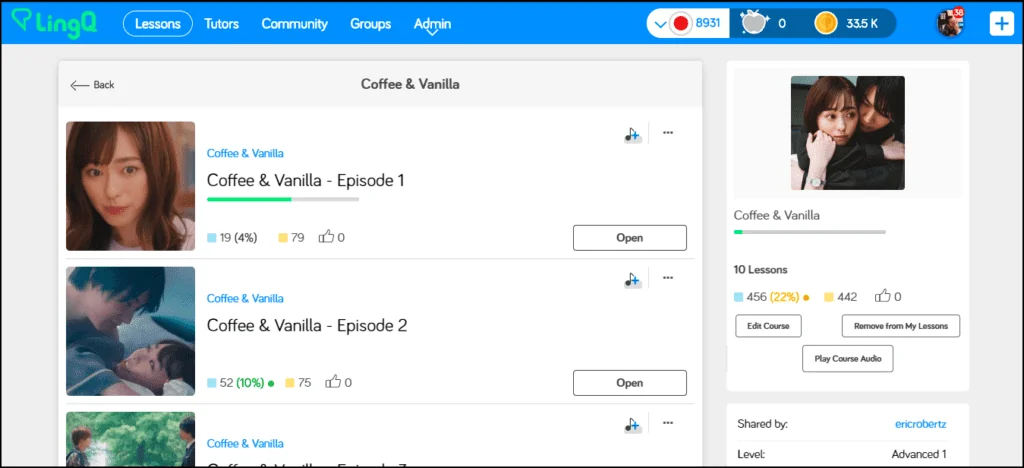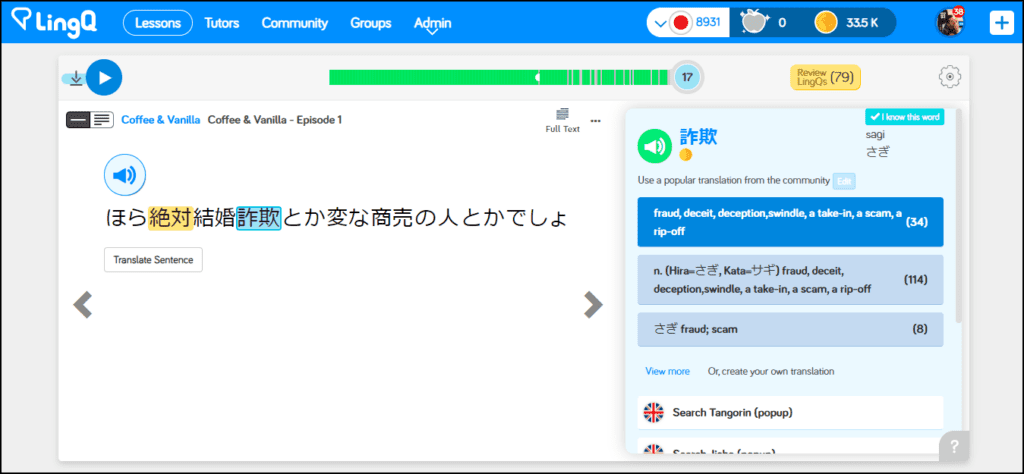How to Learn a New Language Using the Best Asian Dramas
Over the last decade, Japanese, Chinese, and most notably, Korean dramas have seen a surge in popularity.
If you’re learning an Asian language, there’s a good chance you’ve come across an Asian drama one way or another.
This type of content is an excellent way to improve your comprehension. These days, it’s easy to do a quick search, find an Asian drama that interests you, and start immersing. However, there’s a more efficient way to learn your target language thanks to LingQ and Viki, a website specializing in Asian dramas from China, Japan, Taiwan, and Korea.
In this post, we’ll show you how you can import Asian dramas from Viki into LingQ. This will allow you to look up new words and phrases, listen to the dialogue, create flashcards, and much more.
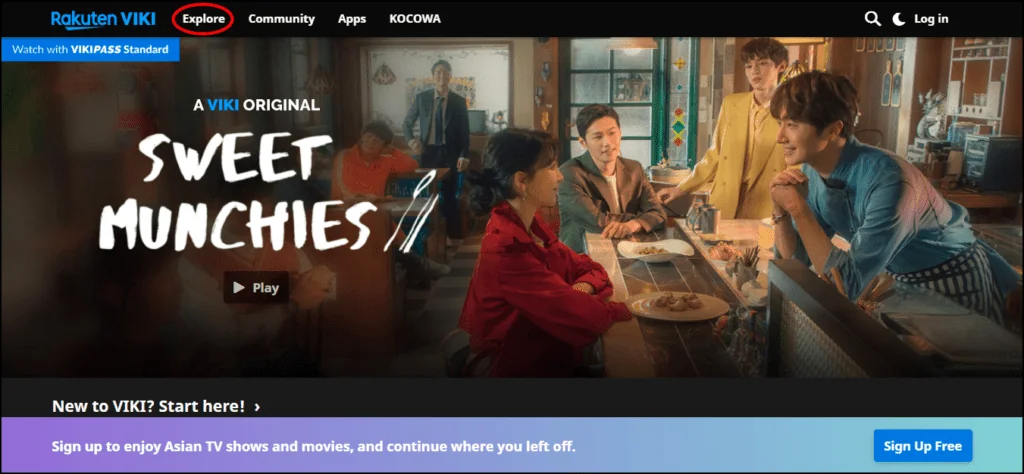
First, head over to Viki. On the home page, click the Explore tab. This will allow you to look for Asian dramas in your target language. For this example, I’ll use the Japanese drama, Coffee & Vanilla.
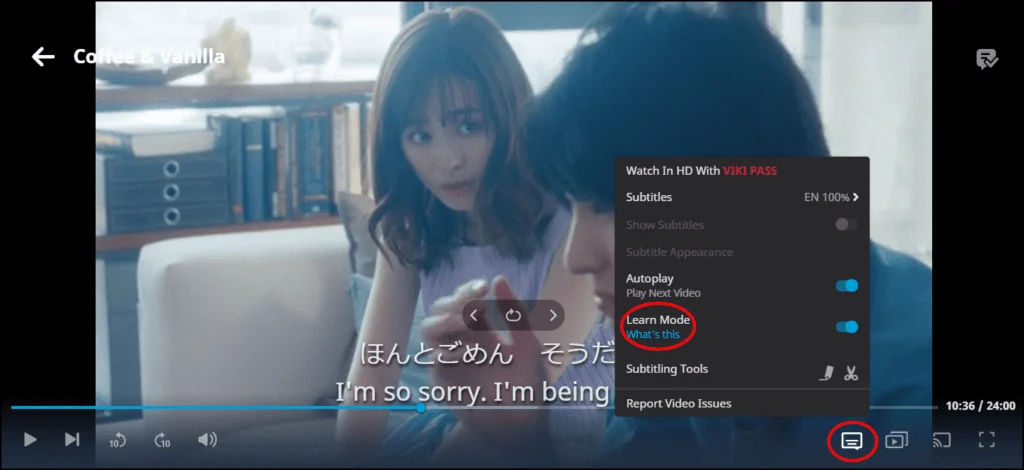
Open the show you’re interested in and choose an episode. In order to import the show’s audio and your target language’s subtitles into LingQ, Learn Mode must be enabled. Please note, some shows do not have this feature and therefore, you won’t be able to import them.
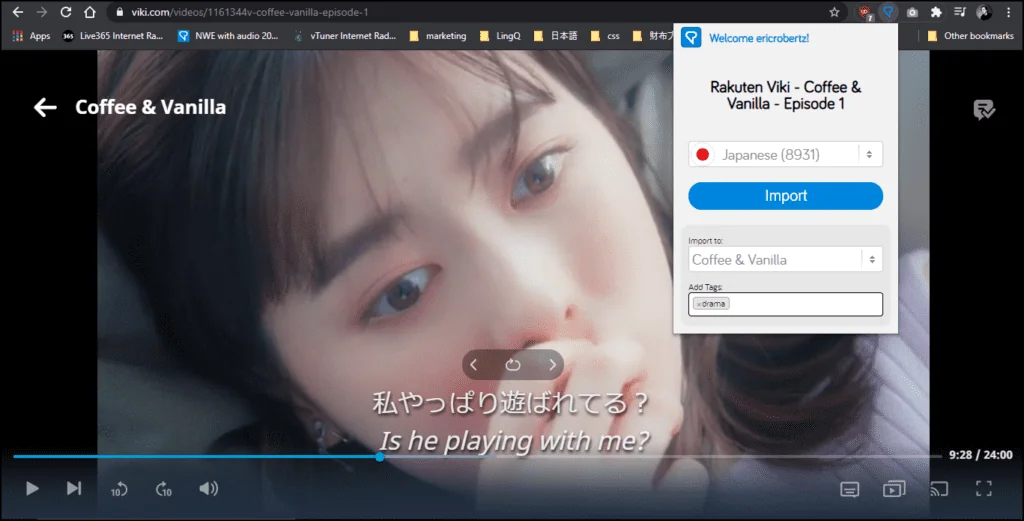
Using the LingQ Import Extension (Chrome, Safari, or Firefox), import the episode into your LingQ account. Be sure to add a course name and tag(s) to keep everything organized.
LingQ’s Mobile App
One of the biggest benefits when importing content into LingQ is the mobile app’s experience. Listening and reading to your favourite Asian drama is much more intuitive (and easier) on LingQ’s mobile app compared to Viki’s. You can organize your content, create playlists, and look up new words and phrases.
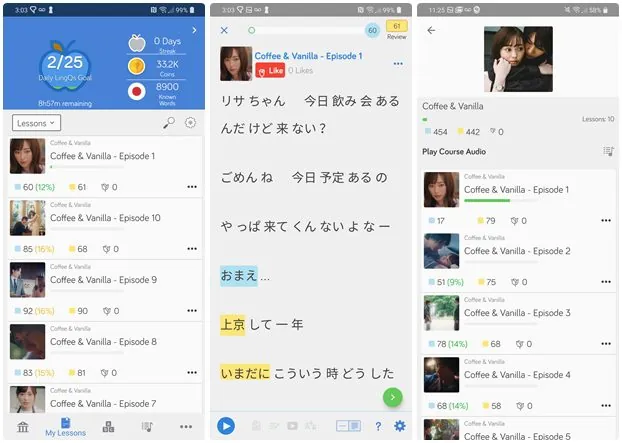
Viki’s mobile app does not allow you to look up words and phrases nor does it allow you to create playlists. You cannot listen to the episode’s audio if your mobile screen is turned off. Also, if you’re using a free account, you’ll get a lot of ads!
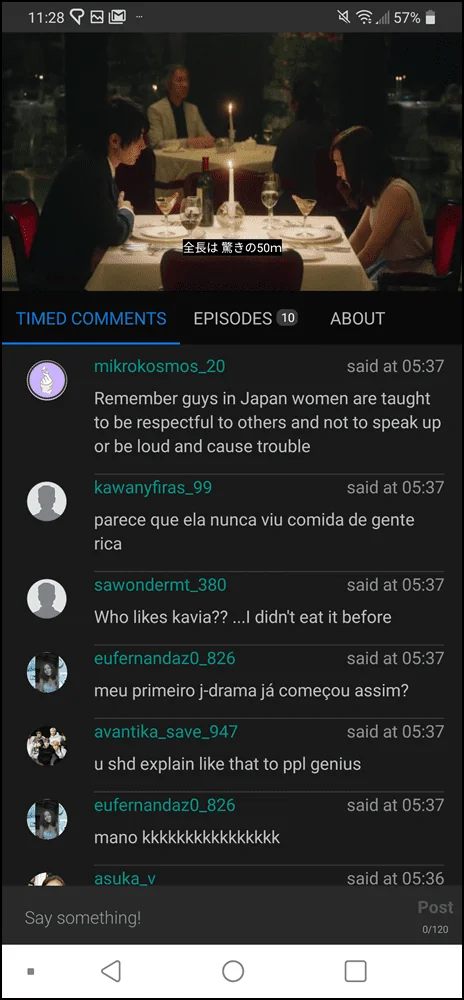
Whether you’re learning Japanese, Korean, or Chinese – learning from content you love will help you stay motivated.
Viki is a great resource for finding the latest and best Asian dramas and by importing that content into LingQ, you’ll have a much better experience. Don’t forget, you can also import content from YouTube and Netflix too.
By using LingQ, you’ll be able import your favourite content from the web, discover new content from other language learners, and achieve your goals.
Good luck!
Enjoyed this post? Check out polyglot and LingQ cofounder Steve Kaufmann’s blog post to learn about the similarities and differences between learning Chinese vs Japanese vs Korean!

